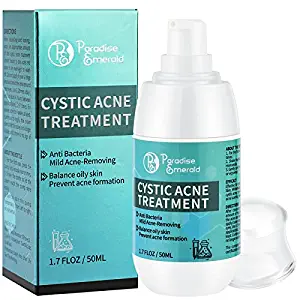Healthy skin is not only important for your appearance but also for your overall health and well-being. It acts as a barrier to protect your body from harmful external factors like germs, pollutants, and UV rays while retaining moisture. Neglecting or damaging your skin can lead to various skin problems and health issues. Read More
Keeping Your Skin Clean
Maintaining clean skin is crucial for preventing bacterial infections, acne breakouts, and other skin problems. Dirt, oil, and dead skin cells clog the pores, leading to inflammation and irritation. Regular cleansing with a mild soap or cleanser helps remove impurities and restore balance to your skin.
Moisturizing Your Skin
Moisturizing your skin is essential to maintain its natural hydration and softness. It also prevents dryness, flakiness, and itching caused by exposure to the sun, wind, or harsh chemicals. Use a moisturizer that suits your skin type and apply it right after washing your face or showering to lock in the moisture.
Protecting Your Skin from Sun Damage
Sun exposure is one of the leading causes of various skin problems, including wrinkles, sunburns, and even skin cancer. Protecting your skin from harmful UV rays is vital to keep it healthy and youthful-looking. Use a broad-spectrum sunscreen with SPF 30 or higher, wear protective clothing, and avoid direct sunlight during peak hours.
Eating a Healthy Diet
Your skin reflects what you eat, so maintaining a balanced and nutritious diet is crucial for healthy skin. Eating plenty of fruits, vegetables, whole grains, and lean proteins provide essential vitamins, minerals, and antioxidants that promote skin health and repair. Avoiding processed foods, sugar, and alcohol also helps prevent skin problems.
Getting Enough Sleep and Exercise
Getting enough sleep and exercise is essential for overall health and stress management, which affects your skin condition. Lack of sleep and chronic stress can lead to cortisol production, which damages collagen and causes inflammation, leading to premature aging and breakouts. Regular exercise, on the other hand, boosts blood flow and oxygenation, which nourishes your skin cells and promotes cell turnover.
Consulting a Dermatologist
If you have persistent skin problems or concerns, consulting a dermatologist is essential to diagnose and treat them effectively. A dermatologist can evaluate your skin type, condition, and history to provide personalized recommendations and treatments, such as topical medications, laser therapy, or surgeries. Early detection and treatment of skin problems can prevent them from worsening and improve your overall skin health.

